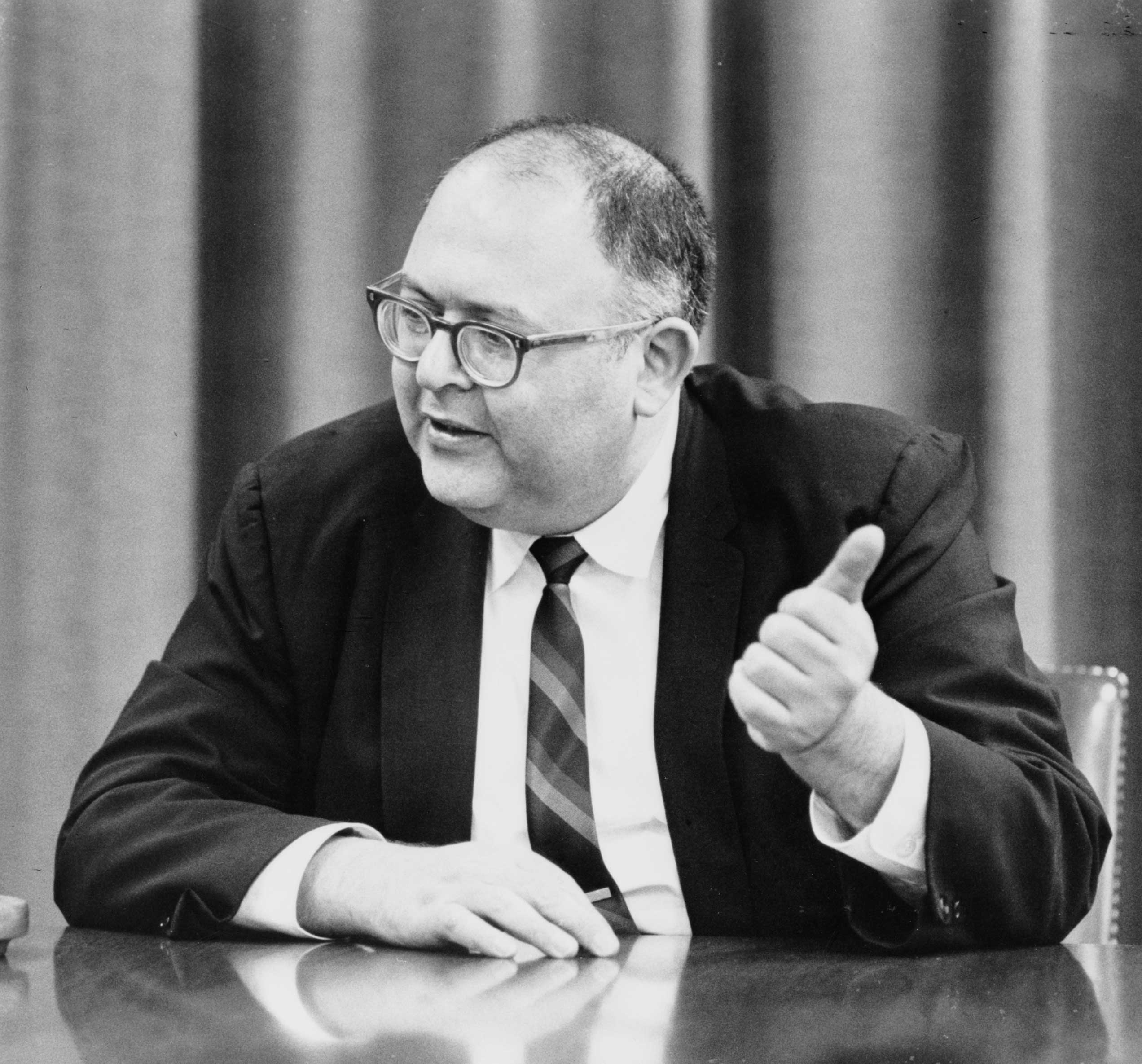Herman Kahn frases e citações
Herman Kahn: Frases em inglês
The Magnum Opus; On Thermonuclear War
by Sharon Ghamari-Tabrizi , pg: 11
The Worlds of Herman Kahn: the intuitive science of thermonuclear war.
We must not appear to be excessively aggressive, irresponsible, trigger-happy, or accident prone, today or in the future.
The Magnum Opus; On Thermonuclear War
ex.:The Star Trek Episode A Taste of Armageddon
The Magnum Opus; On Thermonuclear War
pg: 11-12
The Worlds of Herman Kahn: the intuitive science of thermonuclear war.
The Magnum Opus; On Thermonuclear War
The Magnum Opus; On Thermonuclear War
The Magnum Opus; On Thermonuclear War
pg: 11
The Worlds of Herman Kahn: the intuitive science of thermonuclear war.
The Magnum Opus; On Thermonuclear War
The Magnum Opus; On Thermonuclear War
The Magnum Opus; On Thermonuclear War
pg: 12
The Worlds of Herman Kahn: the intuitive science of thermonuclear war.
The Magnum Opus; On Thermonuclear War
The Magnum Opus; On Thermonuclear War
Herman Kahn. " Thinking about the unthinkable." Horizon Press.(1962) pg: 59
The Magnum Opus; On Thermonuclear War
The Magnum Opus; On Thermonuclear War
The Magnum Opus; On Thermonuclear War
The Magnum Opus; On Thermonuclear War
The Magnum Opus; On Thermonuclear War
The Magnum Opus; On Thermonuclear War
